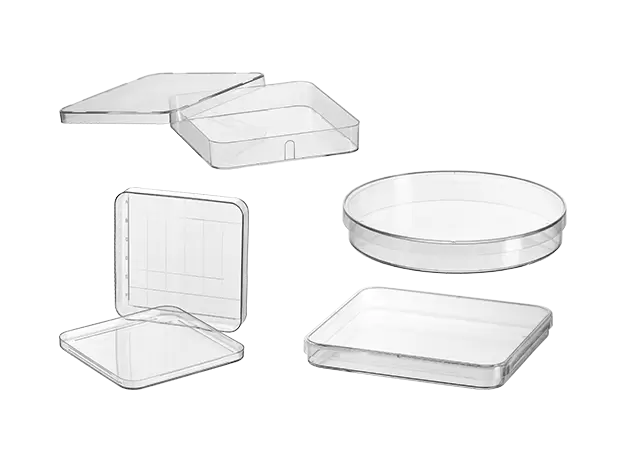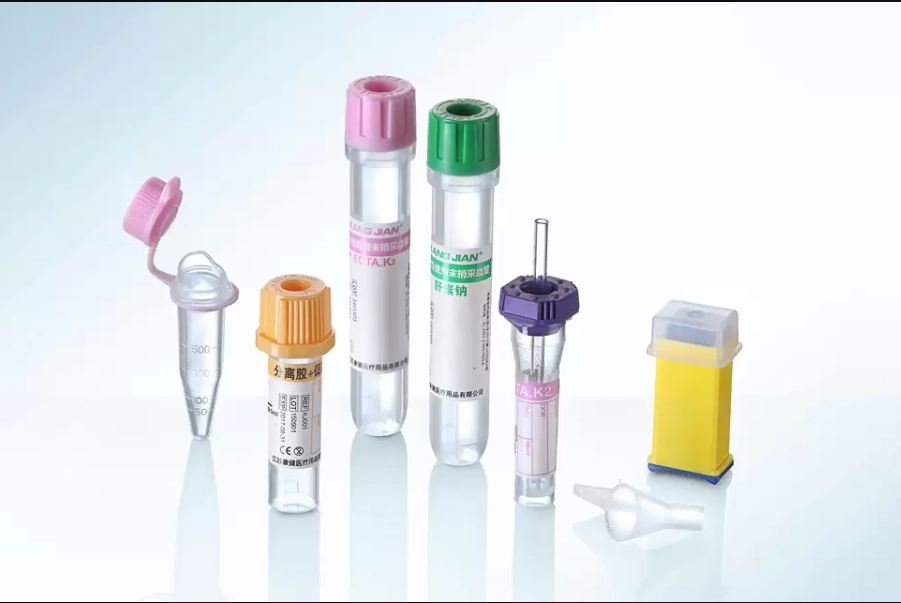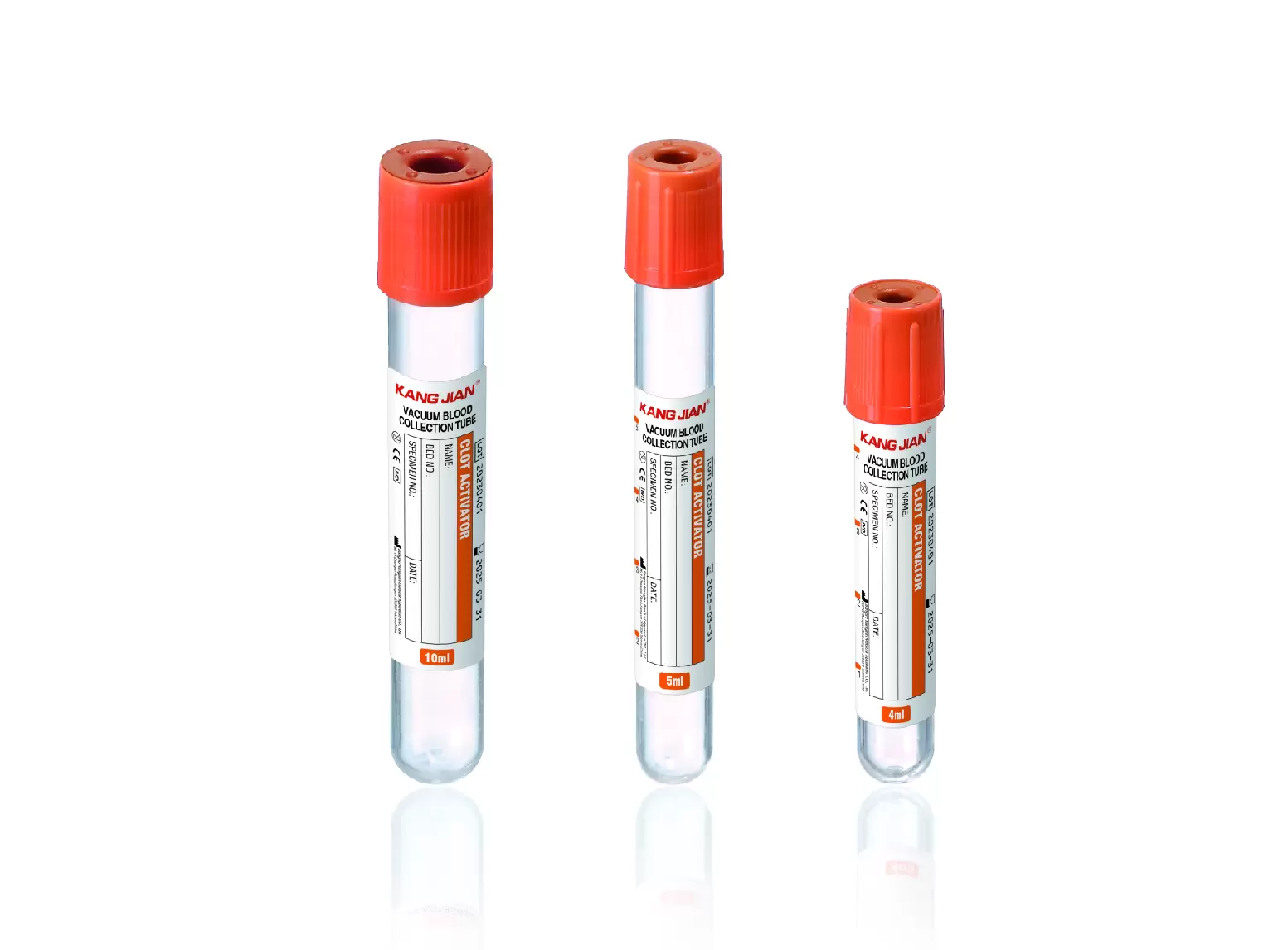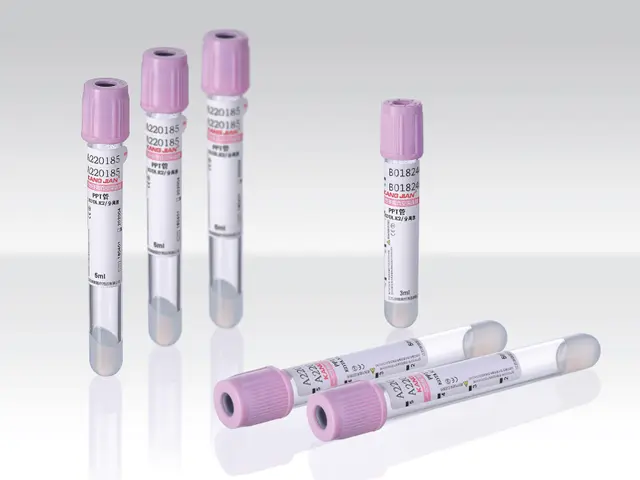Unlocking the Power of Biological Culture Vessels in the Biopharmaceutical Industry
The biopharmaceutical industry has experienced significant advancements over the past few decades, particularly with the advent of new techniques and technologies designed to improve the efficiency and effectiveness of drug production. One of the most vital components of these processes is the biological culture vessel, a critical tool for cell cultivation, fermentation, and bioprocessing in the production of biologics, vaccines, and therapeutic proteins. These vessels, designed to create an optimal environment for cell growth and metabolism, are central to the success of biopharmaceutical production. This article Kangjian explores the applications of biological culture vessels in the industry.
What are Biological Culture Vessels?

Biological culture vessels are specialized containers used for growing microorganisms, animal cells, or plant cells in controlled environments for research, development, and manufacturing processes. These vessels are designed to maintain specific conditions—such as temperature, pH, oxygen, and nutrient availability—necessary for optimal cellular growth and productivity. They are primarily used in bioreactors, which are essential for the mass cultivation of cells and microorganisms for the production of therapeutic proteins, monoclonal antibodies, and vaccines.
In the context of biopharmaceutical manufacturing, biological culture vessels facilitate large-scale production by providing a controlled environment where the cells can be cultivated in a sterile, nutrient-rich medium. These systems are equipped with sophisticated sensors, pumps, and controllers to monitor and regulate parameters such as temperature, pH, dissolved oxygen, and nutrient levels, ensuring that cells grow optimally and produce the desired therapeutic proteins or other biologically active compounds.
Key Applications of Biological Culture Vessels in Biopharmaceuticals
The role of biological culture vessels in the biopharmaceutical industry is indispensable, as they enable the production of various biologically active products. Some of the most important applications include:
1. Monoclonal Antibody Production
Monoclonal antibodies (mAbs) are among the most significant biopharmaceutical products, used to treat a wide range of diseases, including cancers, autoimmune disorders, and infectious diseases. Biological culture vessels, particularly stirred tank bioreactors, are widely used for the large-scale production of monoclonal antibodies. The culture conditions within these vessels are optimized to support the growth of mammalian cell lines, which are engineered to produce high yields of antibodies. The efficiency and scalability of biological culture vessels are critical to meeting the growing demand for these life-saving therapies.
2. Vaccine Production
Vaccines are another major application of biological culture vessels in the biopharmaceutical industry. Biological culture vessels are used to cultivate viral or bacterial cells for vaccine production. For example, in the production of viral vaccines, large-scale culture systems are used to grow virus-infected cells, from which the vaccine is derived. Wave bioreactors and stirred tank bioreactors are commonly used in the production of viral vaccines, providing an optimal environment for viral replication and ensuring high yields of the active vaccine ingredient.
3. Gene Therapy and Cell Therapy
Gene therapy and cell therapy are innovative treatments aimed at curing genetic disorders and enhancing the body's immune system to fight diseases. Biological culture vessels play a critical role in the production of therapeutic cells and viral vectors used in gene therapy. The ability to cultivate high-quality cells in a controlled environment is essential for the success of these therapies, as the cells must be healthy and functional before they are administered to patients. In gene therapy, viral vectors are used to deliver genetic material to target cells. Biological culture vessels, such as perfusion bioreactors, are used to cultivate the producer cells that generate these viral vectors. For cell therapies, such as stem cell treatments, wave bioreactors are often employed due to their ability to maintain cell viability and minimize shear stress during cultivation.
4. Recombinant Protein Production
Recombinant proteins, which are proteins engineered through genetic manipulation, are used in a variety of therapeutic applications, including enzyme replacement therapies, blood clotting factor production, and hormone replacement therapies. Biological culture vessels are used to cultivate the cells that produce these recombinant proteins, such as CHO (Chinese Hamster Ovary) cells, which are commonly used in the production of therapeutic proteins. By providing an optimal growth environment and enabling high-density cultures, biological culture vessels significantly contribute to the efficiency and scalability of recombinant protein production. The choice of vessel—whether a stirred tank bioreactor or a disposable wave bioreactor—depends on the specific requirements of the protein and the production scale.
Biological culture vessels are indispensable tools in the biopharmaceutical industry, enabling the efficient and scalable production of a wide range of biologically active products. Whether it's for the production of monoclonal antibodies, vaccines, recombinant proteins, or cell therapies, these vessels play a crucial role in ensuring that the right conditions are maintained for cell growth, metabolism, and product formation. As the industry continues to innovate and expand, biological culture vessels will remain at the heart of biopharmaceutical production, driving advancements in the development of life-changing therapies for patients around the world.




